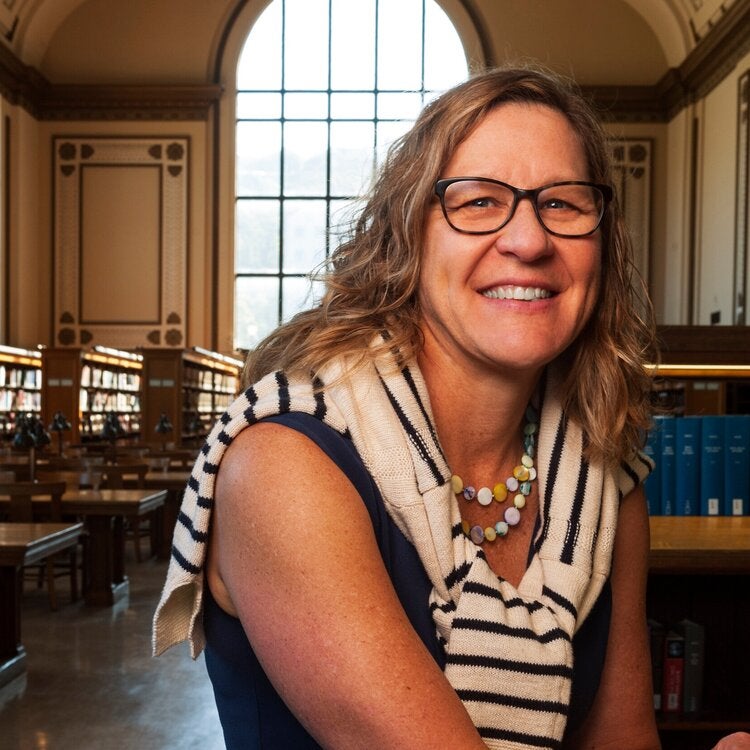The COVID-19 crisis produced exceptionally large spikes in unemployment rates in Canada and the United States in the Spring of 2020 with disproportionate impacts on low-income families. School and child-care center closures meant lost learning and free- and reduced-price school meals for many low-income children. While governments in both countries responded swiftly with targeted income support aimed at helping displaced workers and their families bridge the crisis, the US also distributed universal support payments and expanded the duration and benefit levels of the unemployment insurance programs.
In this lecture, Professor Hilary Hoynes will (a) document the impact of the economic crisis across demographic groups in the U.S. population, (b) summarize the exceptional US policy response enhancing the social safety net, and (c) assess the success of the policy response. She will then discuss the U.S. policy landscape moving forward, with an emphasis on the expanded Child Tax Credit. The findings provide essential lessons on supporting families and their children through economic crises for policymakers on both sides of the Canada-U.S. border.
About the Lecturer

Standard models of economic theory taught to students pay little attention to children. Individuals are born as workers and make decisions on day one about how much to work and consume. But this is a gross caricature of the research being done by economists today. For nearly three decades, Professor Hilary Hoynes has put children and the families they grow up in, especially economically disadvantaged children, at the front and centre of her research agenda, thereby playing a seminal role in the growth and quality of the child-centred economics literature. Central to her work is the fundamental question of how public policies, including schools system and government income transfer programs, can be best designed to ensure equal economic opportunities for children. The Covid-19 pandemic and the disruptions it has imposed on families has made clearer than ever the importance of social safety nets and high-quality public schools to disadvantaged children. Research such as that conducted by Professor Hoynes is crucial for informing policy makers about appropriate responses.
The Faculty of Arts gratefully acknowledges our Economics alumni for their generous support* of the Distinguished Lecture Series.
- Brian Lipskie
- Anonymous (1)
*gifts of $1,000 or more